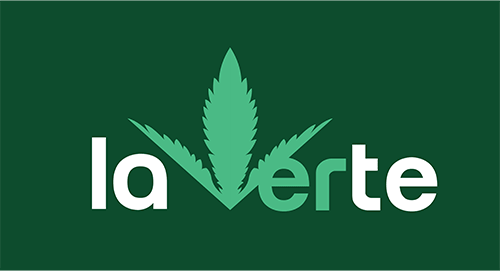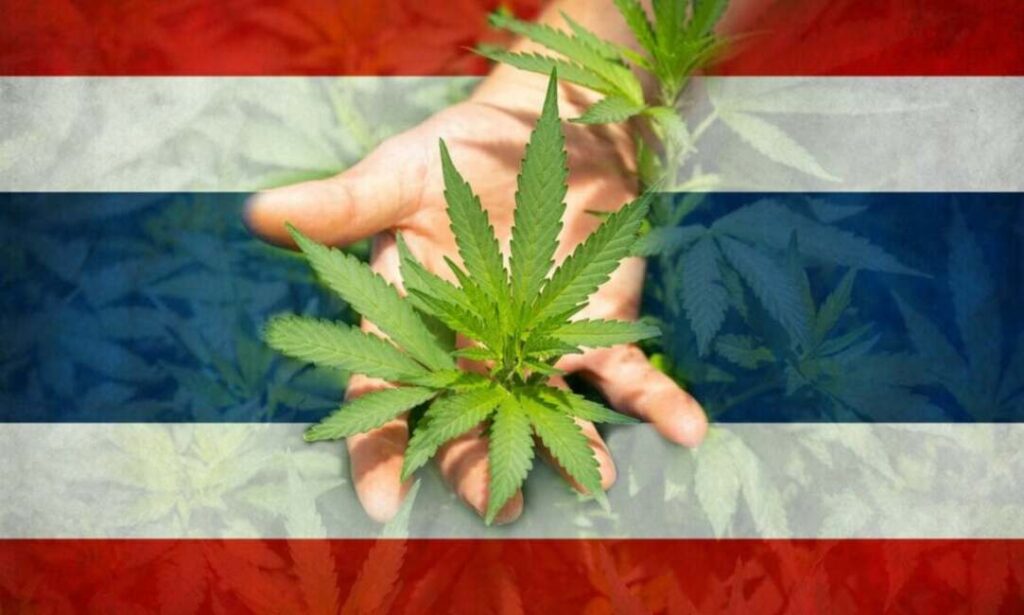Blog la Verte Shop
La Thaïlande deviendrait-elle l’eldorado du cannabis?
Context
C’est officiel ! La Thaïlande a dépénalisé la possession, la culture et l’usage du cannabis (CBD and THC) since June 2022.
La Food and Drug Administration thaïlandaise a officiellement retiré la marijuana et le chanvre de la liste des stupéfiants de catégorie 5, une décision qui a fait de la Thaïlande le premier pays d’Asie à dépénaliser la marijuana à des fins médicales et industrielles.
Cependant, le pays ne légalise pas la marijuana récréative à l’échelle nationale et le gouvernement thaïlandais fixe des limites aux nouvelles politiques. Les nouvelles lois sur le cannabis ont été créées avec des objectifs médicaux, économiques et liés à la santé à l’esprit, selon un article publié sur la page Facebook officielle du gouvernement thaïlandais.
Le cannabis est un sujet d’intérêt en Thaïlande depuis des années. En 2018, la Thaïlande a approuvé l’utilisation de la marijuana médicale, ce qui en fait le premier pays d’Asie du Sud-Est à le faire. En mai, le ministre thaïlandais de la Santé a annoncé que le gouvernement thaïlandais distribuerait 1 million de plants de cannabis aux ménages thaïlandais une fois le cannabis légalisé. Début juin, la FDA thaïlandaise a lancé PlookGanja, une application téléphonique et un site Web qui aide les gens à enregistrer leur culture de cannabis et de chanvre, selon le Bangkok Post.
Marketing
Cafés and restaurants in Thailand are allowed to serve cannabis-infused food and drink, but the food and drink must contain less than 0.2 % of THC to be legally sold.
Places like Highland Cafe in Bangkok used to be limited to selling products made from parts of the cannabis plant that don't get people high, but with new rules and regulations in place, the cafe has started selling marijuana, listing strains such as Sugarcane, Bubblegum or the Purple Afghani.
Cependant, si vous envisagez d’allumer un joint dans le parc, la Thaïlande n’est pas une destination pour vous! Les personnes qui fument de l’herbe en public en Thaïlande seront passibles d’une peine de prison de trois mois et d’une amende de plus de 700 dollars. De plus, les extraits de marijuana, comme les oils, restent illégaux s’ils contiennent plus de 0,2 % de THC, le produit chimique qui rend les gens « high ».
Government perspective
Thailand is mainly interested in making a splash in the medical marijuana market. It already has a well-developed medical tourism industry and its tropical climate is ideal for growing cannabis.
« Nous devrions savoir comment consommer du cannabis », a récemment déclaré le ministre de la Santé publique Anutin Charnvirakul, un booster de marijuana. « Si nous avons la bonne prise de conscience, le cannabis est comme l’or, quelque chose de précieux, et devrait être promu. »
Certains bénéficiaires immédiats du changement sont des personnes qui ont été enfermées pour avoir enfreint l’ancienne loi.
« De notre point de vue, un résultat positif majeur des changements juridiques est qu’au moins 4 000 personnes emprisonnées pour des infractions liées au cannabis seront libérées », a déclaré Gloria Lai, directrice régionale pour l’Asie de l’International Drug Policy Consortium, dans une interview par e-mail.
« Les personnes faisant face à des accusations liées au cannabis les verront abandonnées, et l’argent et le cannabis saisis à des personnes accusées d’infractions liées au cannabis seront restitués à leurs propriétaires », a-t-elle déclaré. Son organisation est un réseau de groupes civiques du monde entier qui défendent des politiques en matière de drogue qui intègrent les droits de l’homme, la santé et le développement.
The anticipated economic benefits are at the heart of Thailand's marijuana reforms, which are expected to boost everything from national income to small farmers' livelihoods.

